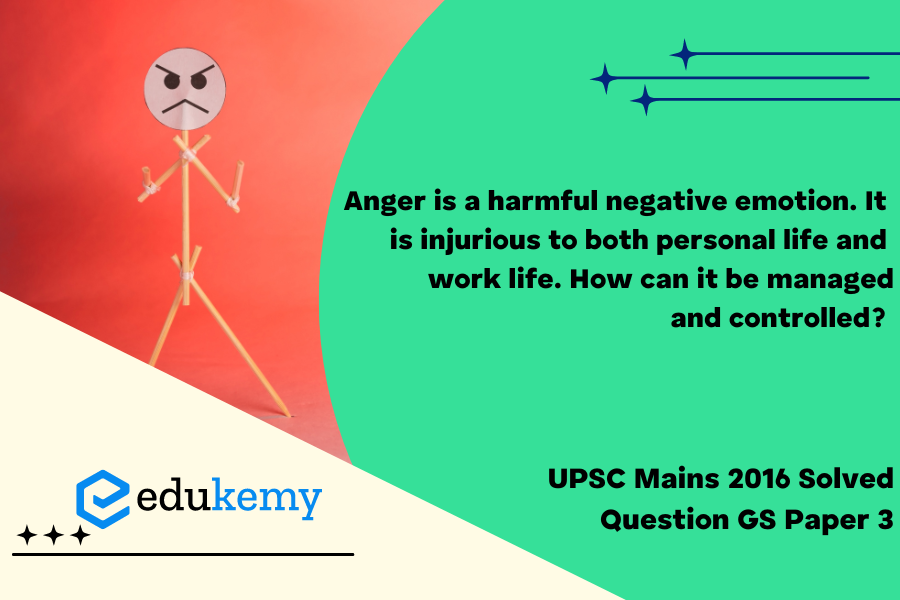Anger, often regarded as a harmful negative emotion, casts a pervasive shadow over both personal and work domains, wreaking havoc on relationships and hindering professional growth. The destructive impact of uncontrolled anger is far-reaching, leaving a trail of damaged connections and impaired decision-making in its wake. In personal life, unchecked anger can strain relationships, leading to misunderstandings and fractured bonds. Similarly, within the professional sphere, it poses a significant threat to productivity and collaboration. The question then becomes: How can this potent emotion be effectively managed and controlled? Developing emotional intelligence, practicing mindfulness, and employing constructive communication strategies are pivotal in taming the flames of anger. By embracing these approaches, individuals can foster healthier relationships, promote a positive work environment, and ultimately cultivate a more fulfilling and successful life. In the pursuit of both personal and professional well-being, mastering the art of anger management emerges as an indispensable skill.
Tag: Attitude: content, structure, function; its influence and relation with thought and behaviour; moral and political attitudes; social influence and persuasion.
Contents
Decoding the Question:
- In Introduction, try to introduce in the context of Anger Management, Highlight Emotional intelligence and Emotional Resilience.
- In Body, Elaborate specifically on anger Management and Control.
- In Conclusion, try to conclude with Stoic Seneca views on Anger.

Answer:
Anger is an extremely powerful emotion. If someone displays it constantly, that person is avoided by everyone be it at the individual level or at the organizational level. Emotional intelligence (EQ), or the ability to recognize and understand emotions, and then use that information to guide decision-making, is extremely useful in helping to deal with anger effectively. Emotional Resilience and anger management is the ability to adapt to stressful situations is a part of emotional intelligence.
Anger Management and Control:
- Anyone who is angrily obsessed by someone’s wrongdoing may be harming himself since pent-up anger produces adverse biochemical effects on the body.
- According to psychologists, it may be desirable to release anger into harmless channels. Uninhibited expression of anger and rage is desirable since venting is cathartic. Catharsis is similar to the process of incising a wound filled with pus; it cleanses the system. However, considering its consequences, it is better to control intense anger rather than give free rein to it.
According to the Stoic Seneca, all forms of anger are inconsistent with moral life since they dispose us to cruelty and vengeance. These passions encourage us to see other people as less than fully human. Hence, the person of virtue is one who strives to extirpate anger in all its forms. This idealistic view has influenced many great moral leaders including Mahatma Gandhi.
In case you still have your doubts, contact us on 9811333901.
For UPSC Prelims Resources, Click here
For Daily Updates and Study Material:
Join our Telegram Channel – Edukemy for IAS
- 1. Learn through Videos – here
- 2. Be Exam Ready by Practicing Daily MCQs – here
- 3. Daily Newsletter – Get all your Current Affairs Covered – here
- 4. Mains Answer Writing Practice – here


